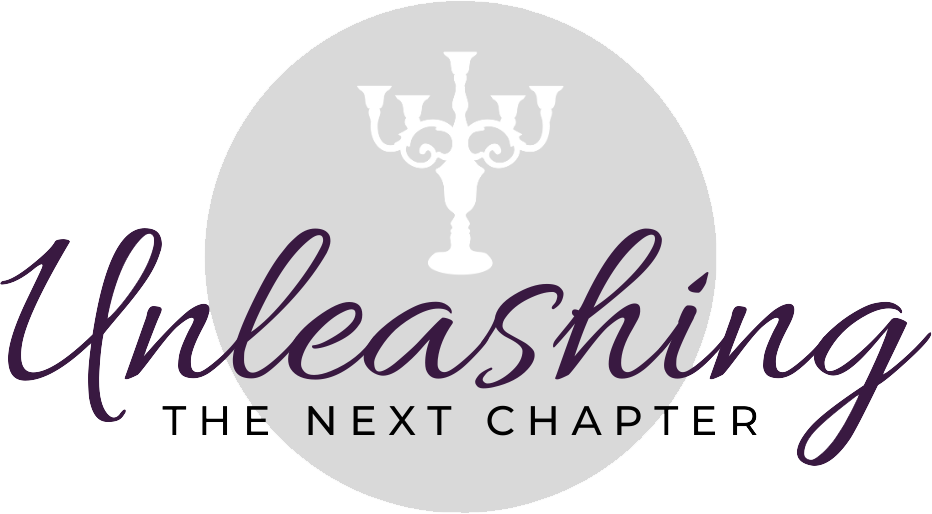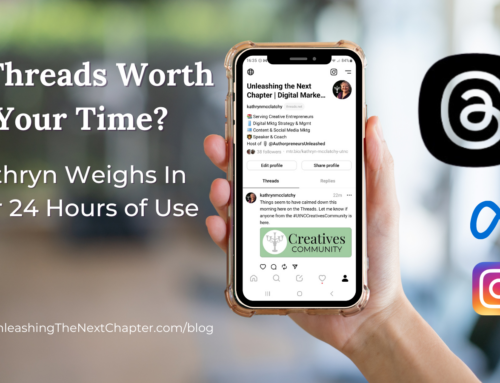Many of the productivity and time management books I’ve read over the past couple years have referenced Deep Work by Cal Newport. Time for me to read it, too. There are many good ideas and a lot of nods to good research. I have taken away a number of principles that I want to experiment with for myself. But this post isn’t a review of the book, as much as it is a reaction or response piece related to it.
In Part 2: The Rules, Rule #3 is “Quit Social Media.” If you’ve been following me for more than a minute, you know I am having a problem with this rule, and much of the 34 pages Dr. Newport uses to make his argument. But I don’t want to dismiss the entire argument because there is a lot of truth in what he says. If you are more focused/addicted to social media than you are to the deep thinking required to write and market your book, then perhaps quitting social media is a valid option for you. If you are traditionally published, and your publishing house is taking care of all your marketing (comment below and tell me what houses are still doing all the marketing!), you probably don’t need to be on social media. If you can afford to hire someone like me to write your content and manage your brand and social media, then by all means turn your back on social media. But from the thousands of writers I’ve talked to and taught about book marketing, building an audience, and staying connected (especially in the midst of a pandemic or a global readership), that’s not the case.
I want to clarify that there is a difference between being on social media for fun and relaxation, allowing it to numb your mind and cause you to procrastinate from completing your real work, or strategically using social media as a tool to further your goals. These are the three situations I see most often.
- Fun and relaxation, connecting with family and friends, finding communities who share your interests, are all valid reasons to use social media occasionally. And here I echo the caution listed in Deep Work—make sure it serves you and your goals rather than keeps you from your purpose and goals.
- Mind-numbing addiction and procrastination is a real problem today. If you find that you are scrolling social media rather than engaging with your loved ones in the same room, or have trouble focusing on one thing at a time (a lecture, movie, church service, your spouse) without scrolling or thinking about what you might be missing on social media, then you absolutely need to follow Dr. Newport’s admonition to at least take a sabbatical from social media if not a complete break up. As the United Negro College Fund says, “A mind is a terrible thing to waste.” So are your real life relationships.
- If, however, you strategically use social media to further your goals as a writer—what I whole-heartedly teach and encourage—for a set and limited time, then let’s talk more about what that looks like.
Five reasons to strategically leverage social media:
- To join the larger writing community. This seems to be the point where most new and aspiring authors start creating their social media profiles. Maybe they have been coached to be on various platforms and to start growing their audience, but they don’t know how, so they find other writers to commiserate with, learn from, and gain inspiration and encouragement. Checking in with other writers, and finding writing resources, conferences, classes, help, and reality checks, are very useful. But please remember, the writing community is not your audience; they are your colleagues who may know more or less than you do. Although writers should be readers, you should not be using this group to sell your books.
- For research and learning. Social media is a great starting point to research current events and find experts in every field imaginable. Using specific hashtags or geotags can be a very efficient starting point for learning about something you wish to write about, finding inspiration, identifying agents or contests. Trending topics can introduce you to new themes or issues you may want to explore. Being able to dig deeper into current events often opens up plot points you hadn’t considered.
- Building your author platform and becoming known as an expert, advocate, or speaker. It once was only advised that nonfiction writers build an author platform, but now that’s been adapted to writers of all genres. Certain themes or issues may cross genres or show up in all your work, and social media is an ideal place to become a part of those communities. For example, I am active in the invisible disabilities, service dog, literacy, religious freedom, and anti-trafficking communities on social media, and have been invited to speak on those topics. These are concerns that touch my heart and find their way into my stories.
- Interacting with and growing your ideal audience and fan-base. Cal Newport wrote that it’s not efficient use of time if you only interact online with 1,000 readers, and that is true, but what he neglected to point out is that if you serve your 1,000 ideal readers well, they will be the ones to share, recommend, and promote your work to their circles, book clubs, libraries, etc. Taking a few minutes to make your followers feel seen and heard will create the type of fans who will create a bestselling ripple effect, and it’s still true that word of mouth (or keyboard as the case might be) referrals are the best and most lasting kind. This is how you create fans of your work, not just your book.
- Free and organic marketing. This is an ongoing process, not something you only do the month of your book launch. Book marketing is part of the author’s job. You may be able to delegate it, but you are still responsible if you want to earn a living as an author, or get your stories read by your ideal readers. Connect with book bloggers and influencers, acquisition librarians, book club coordinators, bookstore event planners, fan con programmers all year round, not just release month. You know what you have in the works; they don’t.
These five purposes are all decent reasons for writers and authors to be on social media. And if you do the deep work of planning your content calendar, weekly or monthly, then you only need to be on social media 10-15 minutes per day. This can be scheduled into your day so as not to interfere with the deep work of reading, learning, thinking, and writing. If you are an author who finds social media overwhelming, a time suck, or addictive and not the best use of your time, you can still create a content calendar and then delegate a super fan or virtual assistant to manage the daily 15 minutes. Once you get your system or work flow established, this will not take you away from the most important job that only you can do: writing your books.
Do I think you should read the Deep Work? Would I recommend it?
If you are a productivity nerd like I am, or if you have a feeling that you aren’t getting as much out of your work time as you believe you should, then yes. But like most all books in this genre, please consider how you are like or unlike the author or examples while you read. Is his advice relevant to your situation, your goals, your work? How or how not? Most of all, I encourage you to read this book to add potentially useful tools to your productivity toolbox. But like all tools, it’s up to you to try them out, experiment with them, evaluate if they are truly useful for your purposes before you commit to them. And don’t be afraid to reevaluate what is currently working or not working on a regular basis. We change and grow, as do our goals, and we often need to update our systems and practices accordingly.
Have you read this book? What were your thoughts? I’d love to compare notes with you in the comments below. If you are interested in how to adapt productivity tools and practices into your writing life, please subscribe to this blog or follow me on social media— you had to know I was going to say that!







Leave A Comment